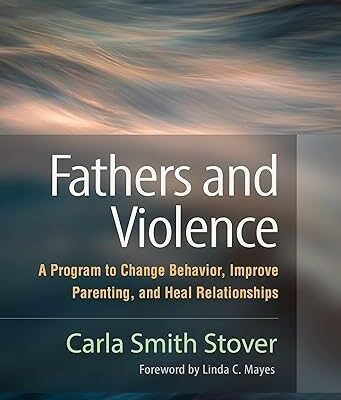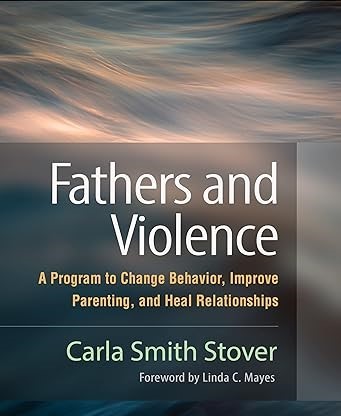
Key topics
Criminal Case
FAQs
What can be done to counter false allegations in court cases?
In order to defend yourself against an allegation which you dispute, our first advice is to remain calm and avoid doing anything which could be used against you. Because of the adversarial nature of child contact court cases, many allegations are made in order to criticise the other parent. The court will always want to see proof rather than just unsupported statements, and it will consider whether any statements are credible.
Can denial of contact be considered as coercive control?
The Domestic Abuse (Scotland) Act 2018 introduces penalties for abusive behaviour towards a partner or ex-partner that a reasonable person would consider would be likely to cause physical or psychological harm to that person. We consider LINK that the controlling behaviour in some contact disputes could be within the scope of this legislation. The Act has only been in force since April 2019 and we wait for this to be tested in court.
Does a breach of the peace conviction always prevent child contact?
An appeal judgement overturned a non-harassment order which would have prevented a father from seeing his children after he had been convicted of breach of the peace. In the appeal judgement, delivered by Lord Brodie, it was concluded that as the children in this family were not the victims for which the non-harassment order was made, the original Sheriff was wrong in making an order that would prevent contact with them.
Why is a “no comment” response often the best thing to do?
If you have been arrested in connection with a contact dispute the police will try to ask you questions, saying that this is your chance to say what happened. Resist this temptation and give a “no comment” answer to these questions until you have taken advice from a criminal lawyer.
We give this advice because it can often be inadvisable to say anything at this stage of the process, apart from giving your name, address and age.
Useful Books

Fathers and Violence
This new book by Carla Smith S…

